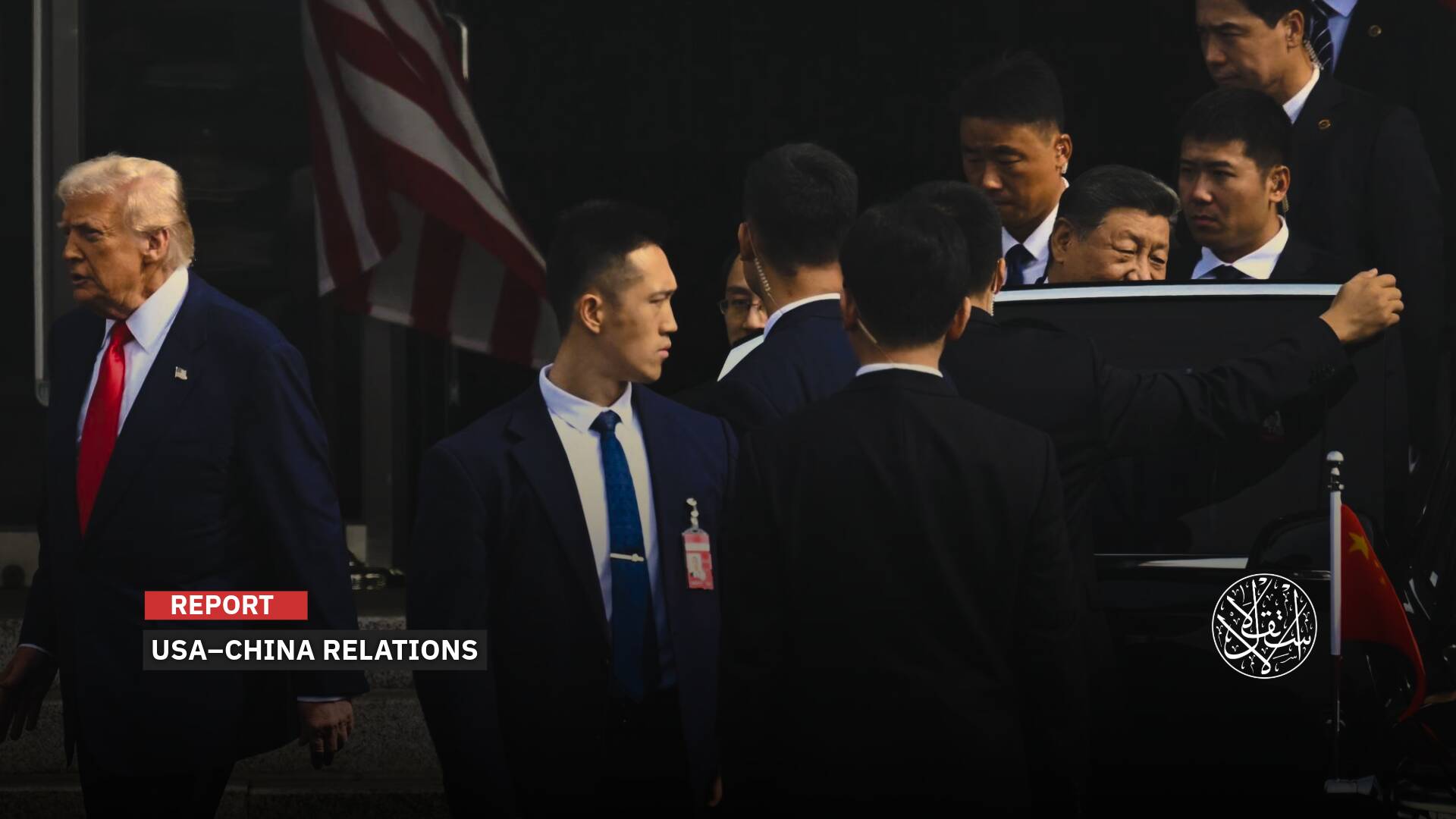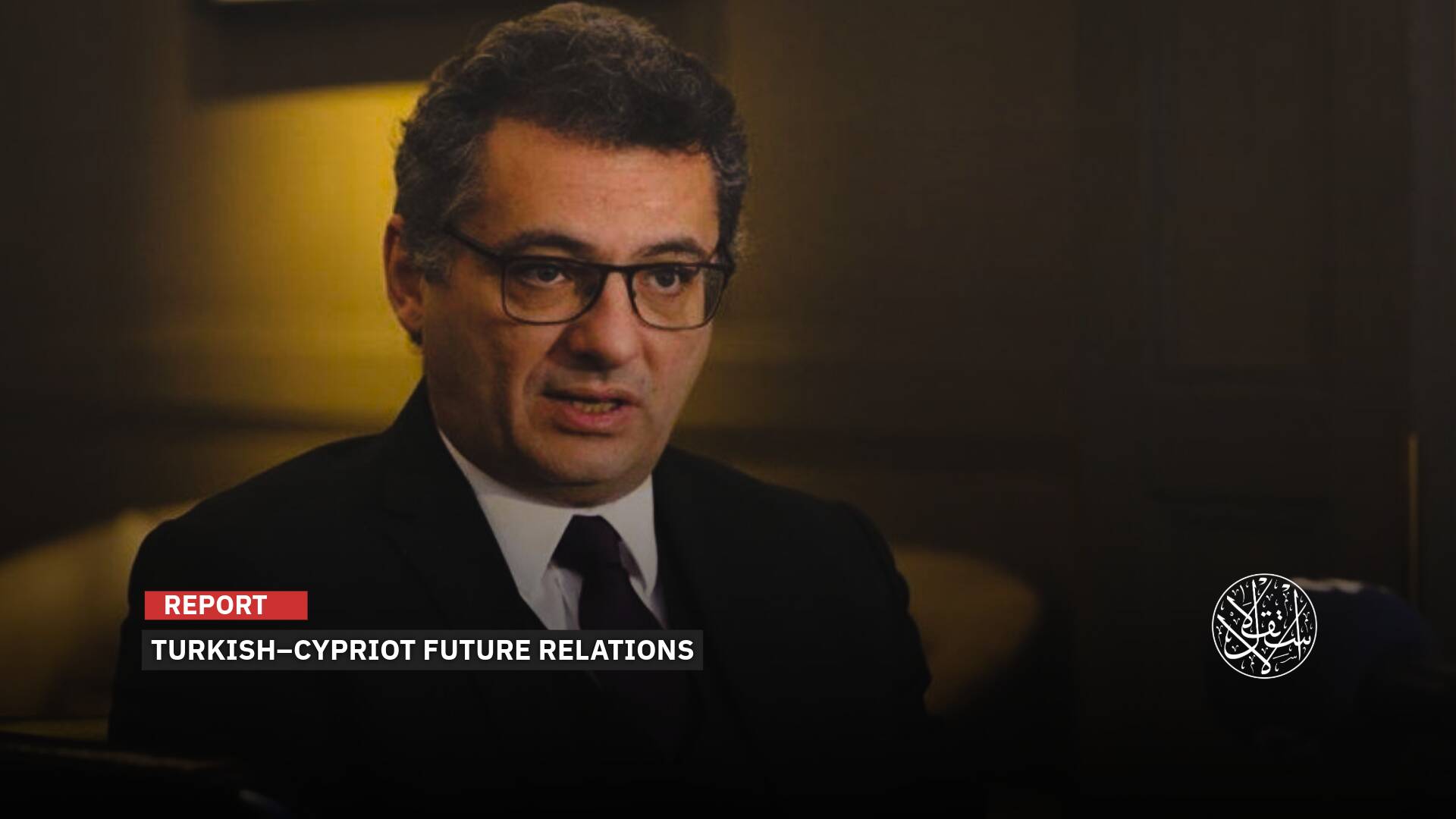Chinese Outposts: Repressive Activities Carried Out by Chinese Offices in Europe

Since 2018, various human rights reports have been revealing the establishment of networks that China described as overseas police “service stations” in a number of countries in the world.
At the end of October 2022, the monitoring of two centers belonging to the Beijing embassies in Amsterdam and Rotterdam re-shed light on this issue in conjunction with the launch of an investigation into Beijing’s penetration into a number of European countries. Human Rights organizations stressed that China attempts through these centers to monitor citizens, while Beijing insists that these centers are offices of administrative services concerned with the affairs of overseas Chinese.
A report issued by the Safeguard Defenders organization, which tracks human rights violations based in Madrid, described the offices of the Chinese embassy as outposts of the Chinese police outside the borders used to implement pressure on communities.
The report pointed out that the Chinese police service offices are spread in about 30 countries, some of which house Chinese consulates, and others operate outside it. As is the case in Sweden, where the human rights organization Safeguard Defenders claimed that the region west of the capital, Stockholm, hosts one of the Chinese police offices, which is located next door to a hotel and shopping center where new companies are spreading.

Chinese Outposts
The center was registered as a company in Swedish records in the summer of 2021, which is believed to be the date of China’s expansion of its police presence into Scandinavia.
The office disappeared as soon as the Safeguard Defenders organization revealed its existence, and explained that the establishment of a company that is a front for the Chinese police office was carried out by a person who immigrated from China in the late seventies and has held the nationality of the country since 1985.
The director of Safeguard Defenders, Peter Dahlin, expressed his belief that the Stockholm office has been linked since 2018 with the police of the cities of Fuzhou and Qingtian in southeast China.
Dahlin himself was arrested in China in 2016 on charges of running a human rights organization called China Action. He was forced to confess to Beijing state television that he was spying, then released and deported.

Pressure and Monitoring
It seems that the justification by Chinese authorities for the existence of these security offices around the world as being merely consular offices aimed at persuading people to return to China to be prosecuted for crimes. This contradicts the conclusions reached by the Safeguard Defenders organization, which follows up with Chinese activities for expatriate communities around the world.
The mission of the Chinese centers includes monitoring the opinions that exist within groups of Chinese exiles, Laura Harth, director at Save Guard Defenders, believes.
The report of the human rights organization indicated that there are activities related to the Chinese embassies and those stations and companies that cover them, some of which are related to international propaganda work on China, in addition to monitoring the activities of Chinese communities.
What worries Dahlin in particular is that the Beijing authorities rely on Chinese and local police for their police activities in Western countries, noting that the Safeguard Defenders report noted the expansion of activity among expatriate Chinese communities, or refugees fleeing persecution, to 110 police offices around the world since 2018.
The Chinese embassy in Stockholm responded to the reports, saying that the concerned offices are service-oriented, do not participate in Chinese police activities, and are interested in providing voluntary assistance to Chinese citizens living abroad, such as renewing their driver’s licenses.
The Beijing authorities stressed, through the statements of its embassies in Europe, that the efforts of these offices contributed to persuading hundreds of thousands of suspects of felonies, including electronic fraud, to return to China and appear before the courts.
However, human rights reports believe that the matter is not related to helping the Chinese expatriates in carrying out administrative issues but rather to returning wanted persons abroad. It indicates that these offices are located in Britain, the Netherlands, Spain, Italy, Germany, the United States of America, Chile, Japan, Nigeria, and other countries.

Repressive Acts
According to reports following Chinese activities in Europe, the Irish capital Dublin was the headquarters of the alleged Chinese police offices. It is about implementing pressure to bring in members of the Chinese communities from abroad by threatening to imprison their relatives and deprive their relatives’ children, according to Dahlin.
Joachim Naumann, professor of international law at the Swedish University of Gothenburg, commented that Chinese activities abroad violate the laws, and the establishment of parallel legal mechanisms in another country of the kind that reports describe is violating international law in terms of preventing some countries from interfering in each other’s internal affairs.
It is noteworthy that Beijing’s activities on European soil have for years been subject to the control of intelligence services in a number of Nordic countries in particular, after it was revealed that Beijing sent academics as researchers to Danish, Swedish, and Norwegian universities before it was found that they had carried out espionage.
Some countries’ penetration of their communities through agents linked to their embassies and security services is usually described as “repressive acts,” especially against citizens who fled in large numbers as refugees to the West, as revealed by previous security and human rights reports in Germany that dealt with people coming from Syria.
With the recent intensification of tension between Russia and the West, Western intelligence services have become more closely tracked and monitored for Russian and Chinese activities. Movements classified as “suspicious” led to the deportation of people, the prohibition of free entry from Russia, and the arrest of others on charges of espionage, as happened in Norway recently.
Reports that monitor China’s activities in several areas are causing more European apprehension. The Chinese communities affected include people who fled as political refugees, especially since Beijing is accused of the disappearances of Chinese citizens of European nationalities after their visit to Hong Kong.










